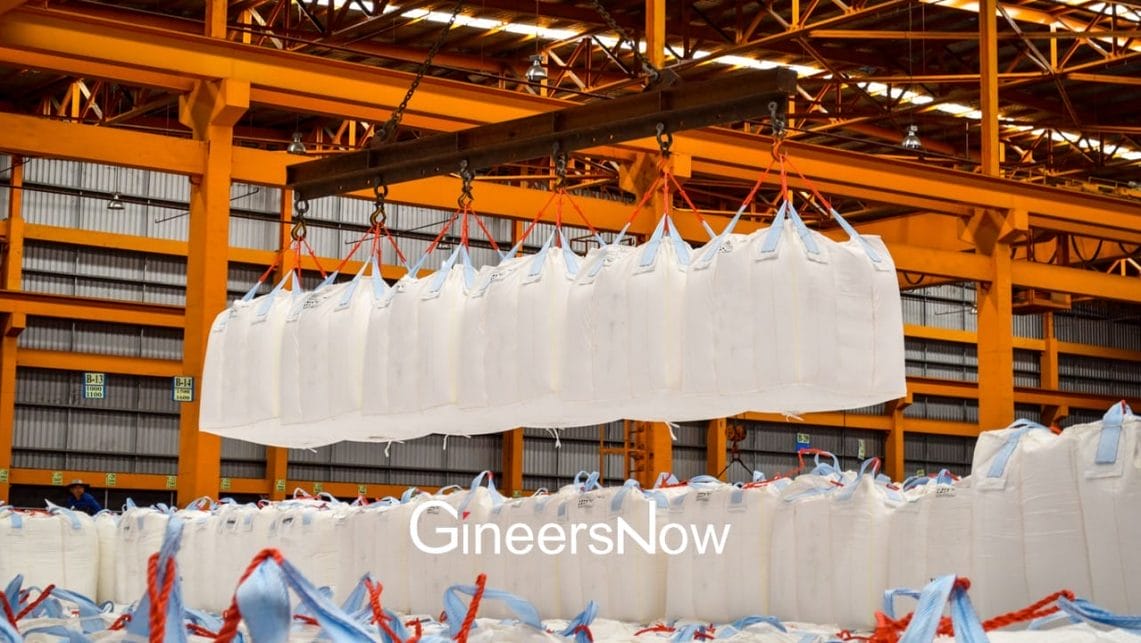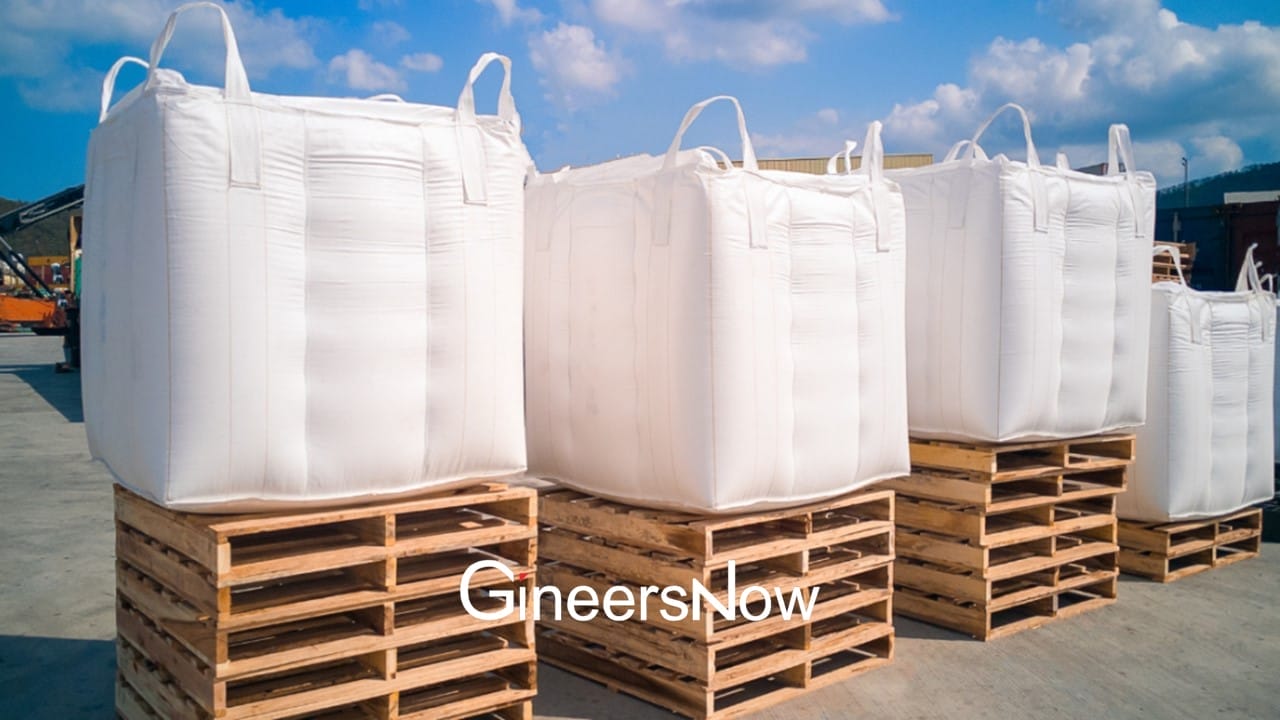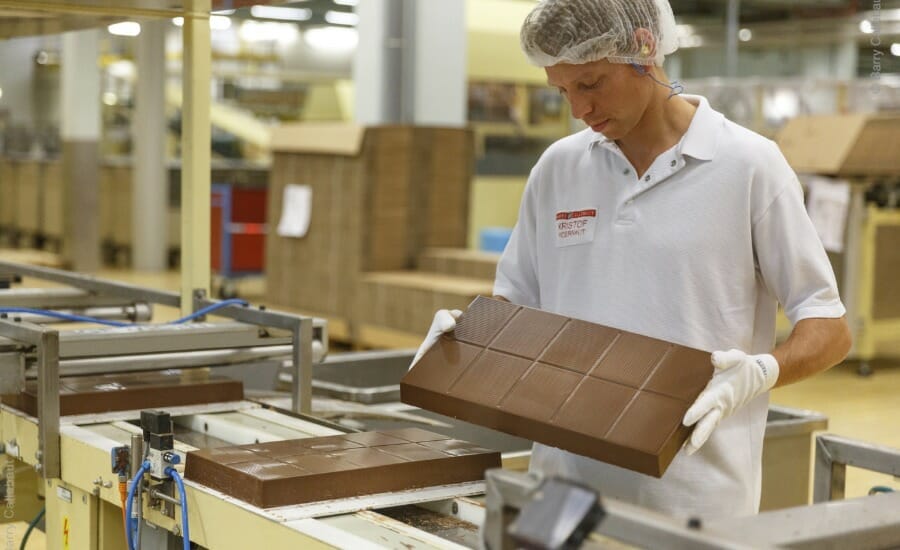In the bustling world of the food industry, efficiency and safety are paramount. One unsung hero in this arena is the Flexible Intermediate Bulk Container (FIBC) bag, a versatile giant that plays a crucial role in the transportation, storage, and handling of various food products. In this article, we’ll delve into the specifics of how FIBC bags are used in the food industry and explore the reasons behind their widespread adoption.
Understanding FIBC Bags:
FIBC bags, often referred to as bulk bags or big bags, are large, flexible containers designed for the bulk packaging of goods. They come in various shapes and sizes but are typically made from woven polypropylene fabric, a robust and durable material that ensures the safe transportation of bulk materials.
Transportation and Storage:
One of the primary uses of FIBC bags in the food industry is for the transportation and storage of bulk food products. Grains, flour, sugar, and other dry ingredients are efficiently packed into these bags, providing a secure and space-efficient solution for the food supply chain.

The Advantage of Size:
The sheer size of FIBC bags is a game-changer for the food industry. With capacities ranging from hundreds to thousands of kilograms, these bags allow for the efficient handling of large quantities of food products. This is particularly beneficial in scenarios where the transportation and storage of massive amounts of ingredients are necessary, such as in large-scale food production facilities.
Customization for Specific Needs:
Food-grade FIBC bags are designed to meet the stringent hygiene standards of the food industry. They can be customised to fit specific requirements, including size, weight capacity, and even the choice of materials to ensure compatibility with the type of food being transported. This flexibility makes FIBC bags a versatile packaging solution for a wide range of food products.
Hygiene and Contamination Prevention:
Maintaining the integrity of food products is a top priority in the food industry. According to CODEFINE FIBC bags, “It is designed with a focus on hygiene, and provides an effective barrier against contaminants. Their sealed construction minimises the risk of external elements compromising the quality of the food items, ensuring that they reach consumers in pristine condition.”
These bags are also used in other industries such as construction, chemicals, and pharmaceuticals.
Efficient Handling with Lifting Loops:
In the fast-paced environment of food production and distribution, efficiency is key. FIBC bags are equipped with lifting loops, allowing for easy handling using machinery such as forklifts and cranes. This not only streamlines the loading and unloading processes but also enhances overall operational efficiency.
Cost-Effective Solution:
The cost-effectiveness of FIBC bags further contributes to their widespread use in the food industry. Their reusable nature reduces packaging expenses, and their durability minimises the risk of product loss due to damaged packaging. This makes FIBC bags an economically viable choice for businesses looking to optimise their logistics and storage processes.
Regulatory Compliance:
Adherence to industry regulations and standards is crucial in the food sector. Food-grade FIBC bags are designed and manufactured to meet these stringent requirements. Whether it’s compliance with food safety standards or regulations related to the transport of specific food products, FIBC bags offer a reliable and approved packaging solution.
Case Studies: Real-World Applications
Let’s explore a couple of real-world applications where FIBC bags have made a significant impact in the food industry.
Grain Transportation:
Imagine a vast expanse of golden wheat fields ready for harvest. To efficiently transport this bounty to milling facilities, FIBC bags come into play. Farmers and producers load grains into these bags, which are then easily transported to processing centres, ensuring a seamless transition from field to factory.
Flour Milling Operations:
Flour, a staple ingredient in many food products, undergoes a complex milling process. FIBC bags are employed to transport and store large quantities of flour within the milling facility. The bags’ design allows for easy stacking, optimising storage space and facilitating a smooth workflow.
Conclusion:
In the dynamic world of the food industry, where precision, efficiency, and hygiene are non-negotiable, FIBC bags emerge as unsung heroes. Their adaptability, size, and compliance with industry standards make them indispensable for the transportation, storage, and handling of bulk food products. As the food industry continues to evolve, the role of FIBC bags is set to become even more prominent, contributing to a more efficient and sustainable food supply chain.












